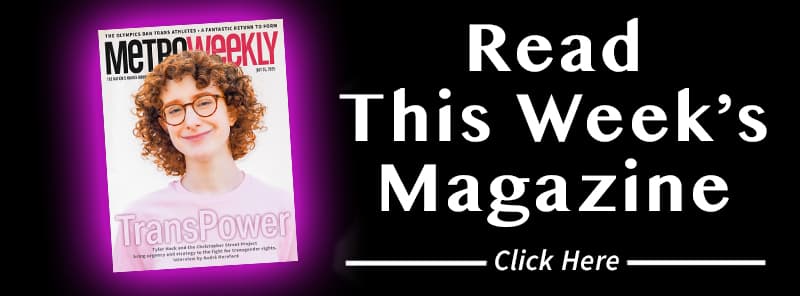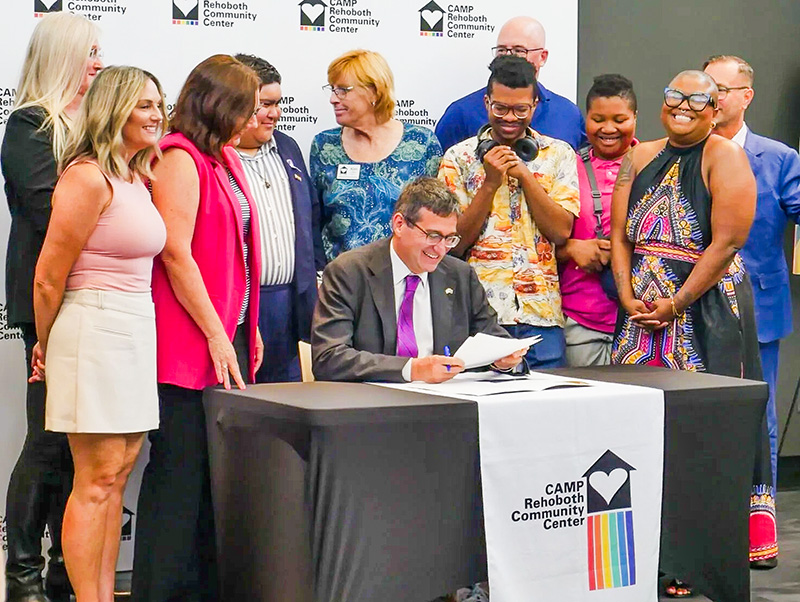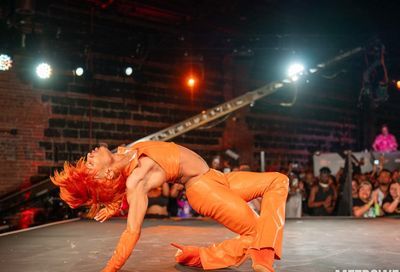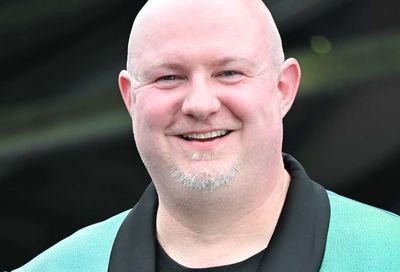Texas Lawmakers Ban LGBTQ Student Clubs in Schools
A wide-ranging education bill bars public schools from allowing LGBTQ student clubs and restricts discussion of gender identity.

Before they ended their recently finished legislative session, Texas lawmakers passed a last-minute ban prohibiting K-12 schools from hosting LGBTQ student clubs.
Senate Bill 12, sponsored by Sen. Brandon Creighton (R-Conroe), was approved after both chambers approved a conference report clarifying that schools are prohibited from authorizing or sponsoring clubs related to sexual orientation or gender identity.
The provision banning LGBTQ student clubs is part of a larger bill banning diversity, equity, and inclusion initiatives in public schools.
The bill also imposes stricter parental notification and consent requirements regarding a child’s mental or physical health, any psychological counseling they receive, and any topics related to sex or sexuality that may be broached in a sex education or health class.
The measure prohibits school employees from assisting children in “socially transitioning,” a reference to the act of recognizing the identity of transgender or gender-nonconforming students.
Under the proposed law, parents could file a grievance against (and school districts could investigate) any employee accused of affirming a child’s gender identity that does not align with their assigned sex at birth.
The bill’s supporters claim that the ban bolsters parental rights by empowering parents to determine if and when their children should be exposed to any information about LGBTQ identity.
They also support eliminating DEI policies in schools, claiming such policies promote ideology and place too much emphasis on students’ identities rather than academic performance, reports the Texas Tribune.
The bill heads to the desk of Republican Gov. Greg Abbott, who is expected to sign it into law. Once signed, the law will officially take effect on Sept. 1.
As reported by the Statesman, Creighton — who previously sponsored legislation to weaken local LGBTQ anti-discrimination ordinances and pushed through a law eliminating DEI initiatives in higher education — argued that public schools should not host clubs centered on sexuality.
He added that he’s been “repulsed” by “some of the things I’ve heard defended in our public schools,” referring to ongoing debates over book bans, where conservatives allege that certain content, particularly LGBTQ-related material, is “pornographic.”
Other conservatives also justified the ban.
“We’re not going to allow gay clubs, and we’re not going to allow straight clubs,” State Rep. Jeff Leach (R-Plano) said during debate on the House floor. “We shouldn’t be sexualizing our kids in public schools, period. And we shouldn’t have clubs based on sex.”
Democrats criticized the bill, calling it a cruel measure that targets LGBTQ students and demonizes efforts to support them.
“There is nothing inherently more sexual about the existence of LGBTQ people than there is of straight people,” State Rep. Erin Zwiener (D-Driftwood) said. She also warned of more sinister motives behind the ban.
“Getting silence in schools from the LGBTQ community, which is what this bill is designed to do, will not stop your kids from being gay,” Zwiener said. “It will just make them afraid to come out. It will make them afraid to live their lives as their full selves. It will make them afraid to tell you when they figure out that they’re LGBTQ and it might damage your relationship with them forever.”
State Rep. Rafael Anchía (D-Dallas) objected to Republicans’ characterization of GSA clubs, noting that his daughter was a vice president of a Pride club at her school.
“It wasn’t a sex club,” Anchía said. “They’d get together and they’d watch movies. They’d color. They’d go to musicals. It was about a kid who felt weird who found her people and everything about it was good.”
As noted by Reason, the bill raises legitimate concerns, as it appears to ban clubs focused on LGBTQ topics rather than those limited to LGBTQ students — despite the fact that most GSA-style clubs are open to all students and often include heterosexual, cisgender allies.
“By allowing schools generally to authorize and sponsor student clubs, the legislature is allowing schools to create what’s known as a limited public forum,” Dale Carpenter wrote in the magazine.
Carpenter also argues that the law’s provisions targeting LGBTQ student clubs appear discriminatory — motivated either by moral disapproval or a desire to keep LGBTQ students closeted — neither of which qualifies as a “compelling interest.”
“States may, of course, address disruptive student behavior and even some problematic student speech on campus through means that violate neither the Constitution nor federal law,” Carpenter notes. “States may prohibit student conduct (sexual or otherwise) on campus that is illegal or inappropriate. But that is not what S.B. 12 does. As applied to exclude LGBT student groups, it targets their speech.”
Support Metro Weekly’s Journalism
These are challenging times for news organizations. And yet it’s crucial we stay active and provide vital resources and information to both our local readers and the world. So won’t you please take a moment and consider supporting Metro Weekly with a membership? For as little as $5 a month, you can help ensure Metro Weekly magazine and MetroWeekly.com remain free, viable resources as we provide the best, most diverse, culturally-resonant LGBTQ coverage in both the D.C. region and around the world. Memberships come with exclusive perks and discounts, your own personal digital delivery of each week’s magazine (and an archive), access to our Member's Lounge when it launches this fall, and exclusive members-only items like Metro Weekly Membership Mugs and Tote Bags! Check out all our membership levels here and please join us today!



























You must be logged in to post a comment.